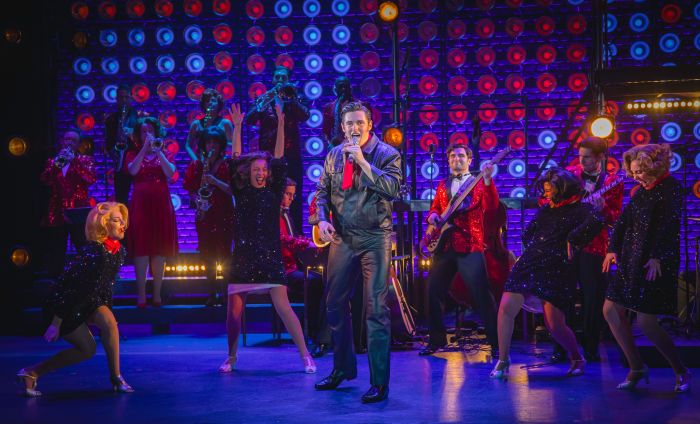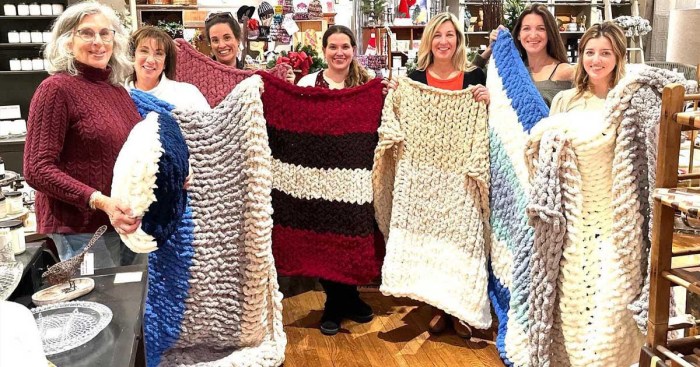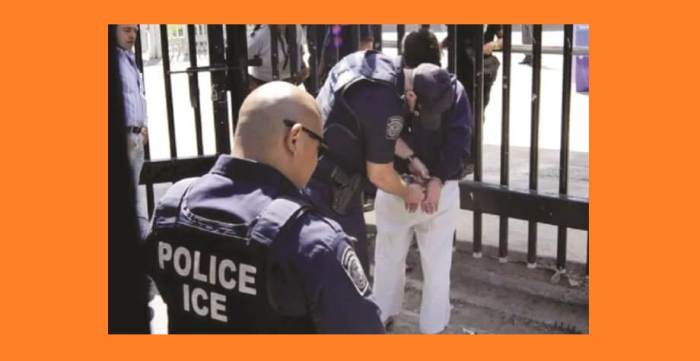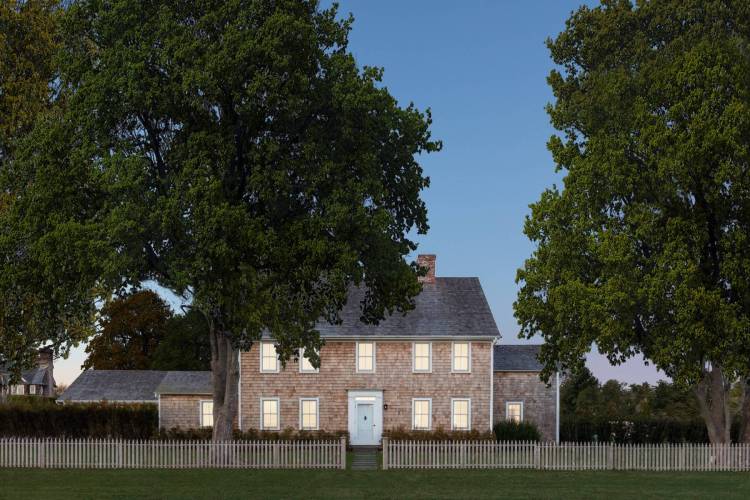
Using the term multi-talented to describe Brandi Carlile is a little like calling Dolly Parton a mere country singer. Carlile has garnered 11 Grammy nominations (four alone in 2020, as well as a trio of trophies already on her shelf), landed on then-President Barack Obama’s Spotify playlist and most recently joined forces with fellow Nashville superstars Maren Morris, Amanda Shire and Natalie Hemby to form the supergroup The Highwomen. And most of this happened in the past two years. This latest project was helmed by Music Row superstar producer Dave Cobb, who had co-produced Carlile’s sixth effort, By the Way I Forgive You, with mutual friend Shooter Jennings. For Carlile, who had worked with notable producers like Rick Rubin and T-Bone Burnett on some of her earlier efforts, getting in the studio with Cobb revealed him to be a next-level talent despite his not having the same kind of name recognition the older duo might have.
“Working with [Rick and T-Bone] is very, very different because the presence that they both have is not unlike what a big rock star would have. Mind you, this is all observational. It’s like if you were hanging around and Keith Richards walked into the room. You would know that a rock star is in the room. Working with T-Bone Burnett and Rick Rubin felt that way because they’d been around a long time, they’re rock stars and they know they’re rock stars. A lot of it has to do with how old I was when we started working together, because I was super-young and they were like massive rock stars to me,” she said.
“Dave is actually slightly more dominant than either Rick Rubin or T-Bone Burnett. But he does it from within the artistry and on the level with the band. He’s got this way of infiltrating and with it, he grows the vision. Everyone will be throwing out ideas but it just so happens that Dave Cobb’s ideas are the best ones,” she said with a laugh.
As for working with Jennings, the Seattle native admits the duo struck up an instant connection with him when the two crossed paths nearly a decade ago.
“I met Shooter Jennings at Johnny Cash’s 80th birthday in Austin while recording Austin City Limits. He noticed my tattoos of The Neverending Story and we kind of started talking and shooting the [bull] about 1980s movies and 1980s kids. And how somehow the 1980s kids have grown up to embrace this kind of throwback anti-generation of writing songs about things they never experienced, when we know we’re all 1980s kids and play the same video games,” she explained. “And meanwhile, some of us are talking about hopping trains and plowing the fields. We were joking about that and we made kind of a fast friendship.”
Jennings is equally effusive when talking about his admiration for Carlile as a friend and artist.
“I met her in 2011 I think. It was right by the Willie Nelson statue out in front of the W Hotel in Austin on this day. I was doing a Johnny Cash tribute show and I met her backstage in passing. I liked her music and we had an instant kinship,” he recalled. “Over the years, we just kind of fell in and out of each other’s lives. I was just a fan of her music and when I was doing my Countach (For Giorgio) record—it was a tribute to Giorgio Moroder and he did the music to The Neverending Story. Anyway, I decided that if she would sing it, I would put it on this record. She did it and that is kind of what started our working relationship. She’s just great.”

Suffice it to say, Carlile has come quite a long way from being the Elton John-obsessed teen who actually met Reg Dwight’s late arranger Paul Buckmaster around the same time, only to work with him early in her career.
“I became obsessed with Elton John starting with a fifth-grade book report. It was the kind of obsession that you can only have when you’re in fifth grade and it never went away. It sprung to life in me and lasted all through my elementary school years and high school even up to now,” she said. “I was 16 years old and a producer friend of mine that was working in Seattle was going to record a Paul Buckmaster-conducted string session in the city and he knew about my obsession. So he invited me and said that I couldn’t come into the control room, but I could sit in the office and look through the glass. So I took down my Paul Buckmaster picture from Tumbleweed Connection from the wall and went to the session. He came into the office and he was screaming, crying, yelling, having fits and throwing people out of the studio. He was being just as dramatic as you hoped that a string arranger that eccentric would be. At one point he came into the office in a rage and said, (in an exaggerated British accent), ‘Who are you then?’ I told him who I was, showed him my picture and played him a little bit of ’60 Years On’ and he cried—because that’s what Paul did, was cry like 15 times a day. He signed my little picture and said he was going to make my records when I grew up. Over the years, I have 10 Paul Buckmaster arrangements and he was a real important influence on my life and a good friend. It was unbelievable when he died because it didn’t seem at all like he was running out of time when we were working on [By the Way, I Forgive You].”
Altruism is close to Carlile’s heart, dating back to the 2008 creation of the Looking Out Foundation, a nonprofit organization she co-founded with friends/creative partners Tim and Phil Hanseroth that gives financial support to causes in which they believe. Grants have been given to myriad organizations including Reverb, Honor the Earth, The Bridge School, UNICEF, The Women’s Funding Alliance, Doctors Without Borders and the Human Rights Campaign. It cleaves to one of the singer-songwriter’s most important beliefs.
“I feel like loving your neighbor as you would love yourself is something that’s lost in modern Christian rhetoric because you couldn’t love your neighbor the way you love yourself if you don’t love yourself,” she said. “I think that’s an important commandment.”































